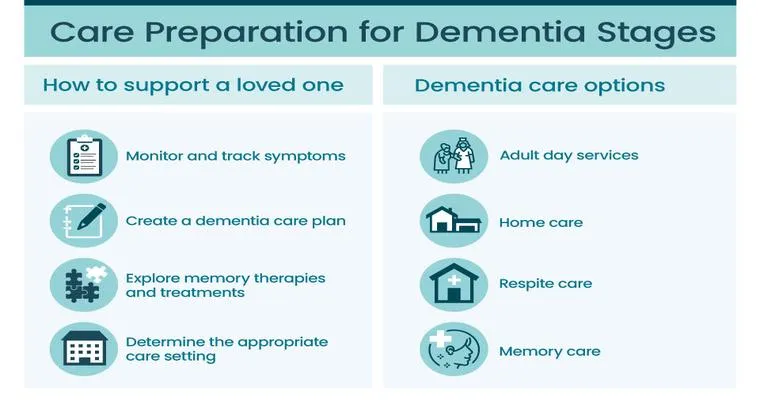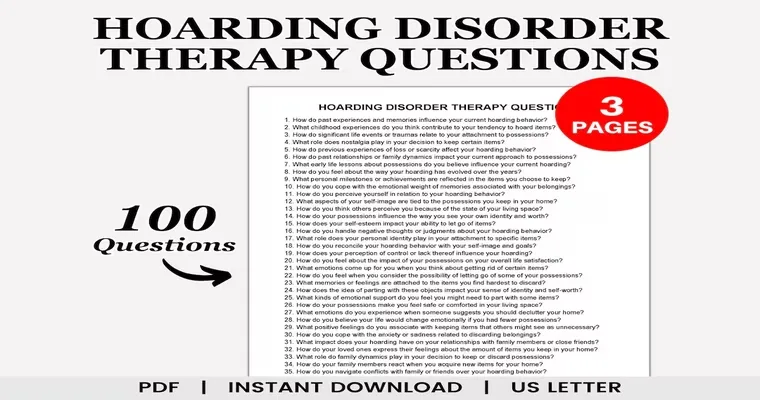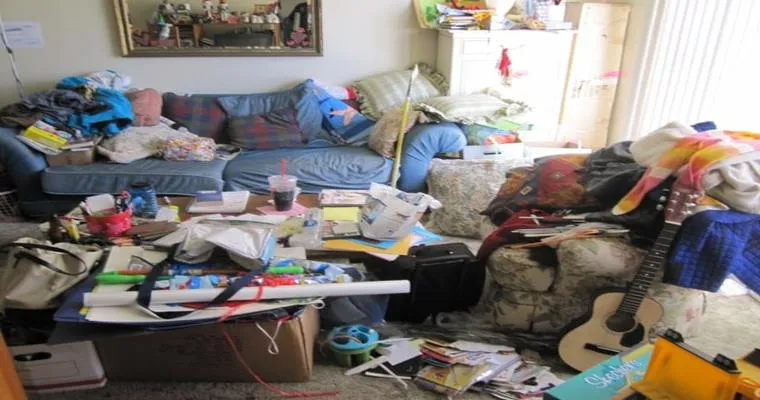When an "elderly" person, especially one with "dementia", experiences a "hip fracture", it can be an overwhelming situation for the family. My mother-in-law, who is 81 years old and at stage 6 of dementia, recently fell and broke her left hip. Understanding the next steps in her care is crucial for her recovery and well-being.
The first step after such an incident is to seek "immediate medical attention". Call emergency services to ensure she is transported safely to the nearest hospital. In cases of hip fractures, prompt diagnosis and treatment are essential to prevent complications such as blood clots or infections. At the hospital, doctors will perform imaging tests, such as X-rays, to confirm the fracture and assess the extent of the injury.
Once the diagnosis is made, the medical team will discuss treatment options. For elderly patients, particularly those with "dementia", surgical intervention may be necessary. Depending on the severity of the fracture, the doctor may recommend a hip replacement or internal fixation. Surgery can help alleviate pain and restore mobility, which is important for her overall quality of life.
Post-surgery, rehabilitation is a critical component of recovery. Physical therapy will be essential to help my mother-in-law regain strength and mobility. Given her "stage 6 dementia", it is important to have a specialized rehabilitation program that considers her cognitive challenges. A physical therapist experienced in working with dementia patients can tailor exercises that are both safe and effective.
In addition to physical therapy, it is vital to address her "dementia care" needs. After her fall, she may experience increased confusion or anxiety. Having a familiar routine and a calm environment can help ease her mind during recovery. Engaging caregivers who understand her condition will ensure she receives the appropriate emotional and psychological support.
Lastly, consider the long-term implications of her injury. It may be necessary to evaluate her living situation. Modifications at home, such as removing tripping hazards, installing grab bars, and ensuring adequate lighting, can help prevent future falls. In some cases, it may even be beneficial to explore assisted living facilities that specialize in caring for individuals with dementia.
In conclusion, when an elderly family member with dementia suffers a hip fracture, immediate action is crucial. From seeking medical treatment and considering surgical options to engaging in rehabilitation and addressing her ongoing care needs, each step plays a role in her recovery. With the right support and resources, my mother-in-law can navigate this challenging time and work toward regaining her independence and quality of life.





